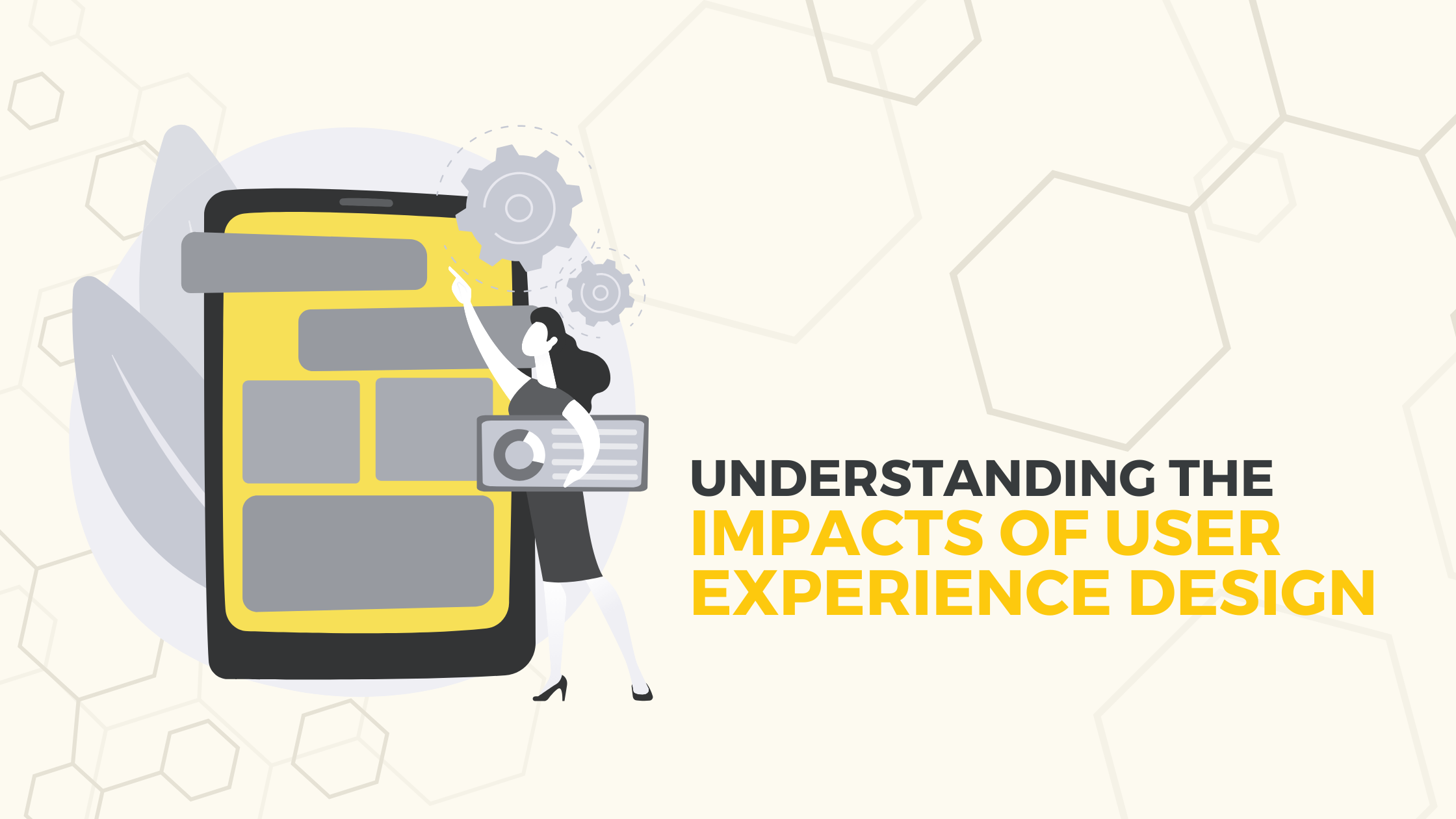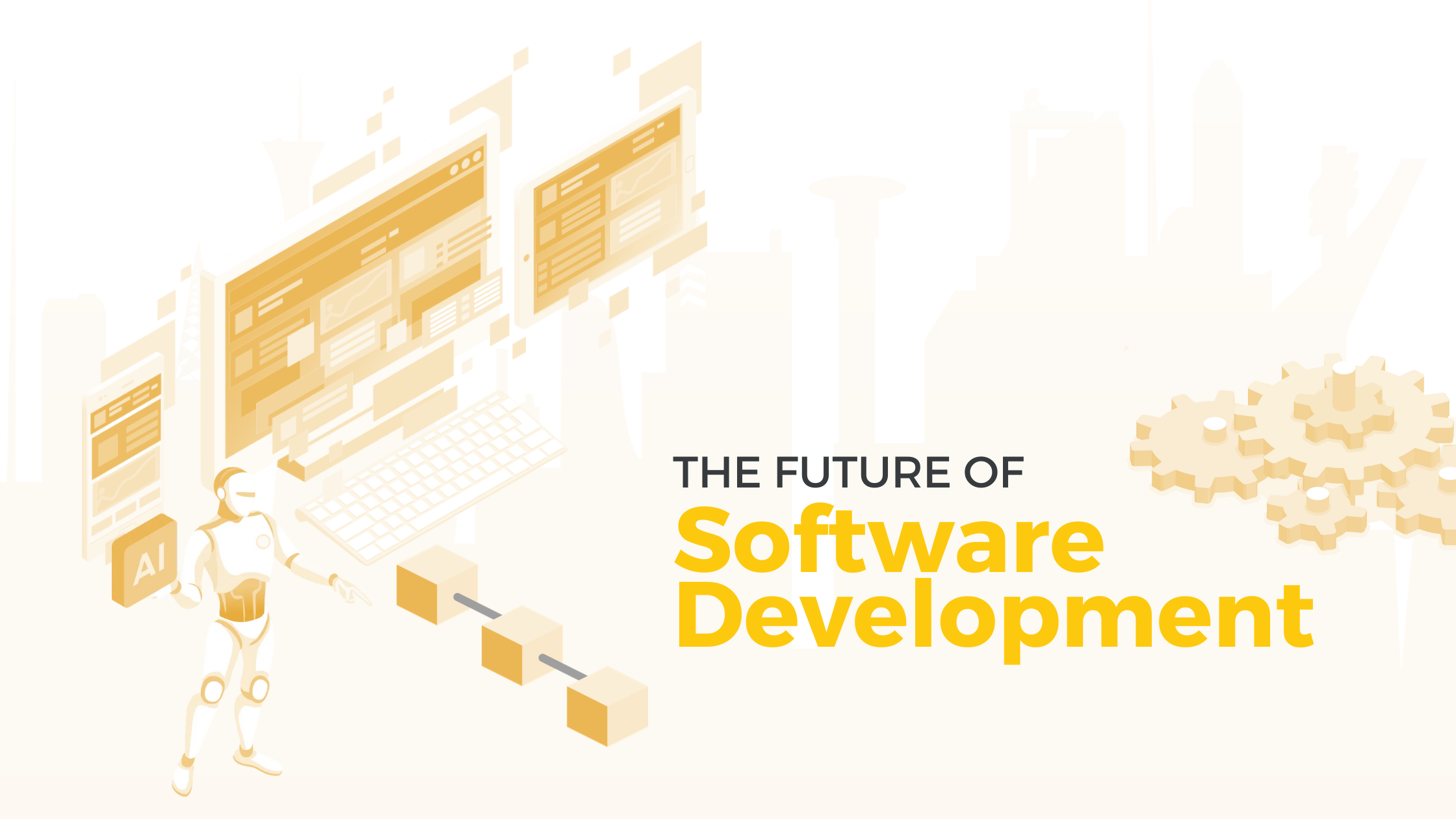Product Development Tips for Non-Tech Founders
startups Entrepreneurs
.png)
The word product development is pretty much self-explanatory. At first read, anyone can infer that it's the process of creating products for your business. Sad to say, it's not really as simple as it seems. If you're new to the world of startups, thinking that it's just about coming up with an idea and selling it is not the exact definition of it.
Behind the scenes, there's a whole process that goes into developing a successful product. It starts with brainstorming a unique concept that stands out in the market, considering feasibility, competition, and more. Then, it's about refining that idea, creating prototypes or MVPs, and testing them rigorously based on market feedback before finally launching.
For non-tech founders, especially those venturing into tech-heavy products, this process can be particularly challenging. That's why understanding the nuances of product development is crucial. Proper planning can be the difference between your startup sinking or swimming in the competitive market.
In this blog, we'll address your product development concerns as a non-tech founder, providing insights and tips to help you navigate this complex but rewarding journey!
Common Mistakes by Non-Tech Founders in Product Development
Are you currently navigating the product development phase? If so, are your strategies yielding the desired results? If not, you're not alone. Many non-tech founders encounter common pitfalls in product development. It's crucial to identify and rectify these missteps to steer your venture in the right direction.
1. Overlooking Technical Complexity
Product development involves more than just conceptualizing and designing a product; it requires a deep understanding of the technical complexities involved in turning that concept into a tangible reality. This includes considerations such as software architecture, coding languages, database management, user experience design, and cybersecurity, among others.
For many non-tech founders, these technical aspects may seem daunting or even intimidating. It's easy to underestimate their significance, especially when your focus is primarily on the innovation and functionality of your product. However, overlooking or disregarding these technical complexities can have serious repercussions further down the line.
Without a solid grasp of the technical requirements of your project, you may encounter a myriad of challenges during development, such as scalability issues, performance bottlenecks, security vulnerabilities, and compatibility issues. These challenges can significantly delay your timeline, inflate your budget, and compromise the quality of your product.
Thus, it's essential to take proactive steps to address technical complexities for the long-term success of your venture. It could include partnering with skilled developers, enlisting the help of technical advisors, or investing in educational resources.
2. Hiring a Single Developer, Not Teams
Hiring a single developer, while cost-effective and seemingly convenient, can inadvertently place a significant burden on that individual. Product development is a multifaceted process that requires a diverse range of skills and expertise, including software engineering, design, testing, project management, and more. Expecting a single developer to excel in all of these areas is unrealistic and may result in subpar outcomes.
He or she may struggle to keep pace with the evolving demands of your project, leading to delays, bottlenecks, and quality issues. By contrast, assembling a dedicated team of skilled professionals allows you to leverage a diverse range of talents and perspectives, resulting in a more robust and well-rounded approach to product development.
A collaborative team can complement each other's strengths, mitigate weaknesses, and foster a culture of innovation and excellence. Assembling a team that includes designers, software engineers, project managers, and more can help ensure that all aspects of your project receive the attention and expertise they deserve.
If you're considering assembling a dedicated team for your product development needs, JLabs offers services composed of skilled experts across various disciplines.
3. Focusing Too Much on Features
As a non-tech founder embarking on the journey of product development, it's natural to be enamored by the idea of packing your product with a multitude of features. After all, you want to offer your users the most comprehensive solution possible, right? However, while features are undoubtedly important, placing too much emphasis on them can lead to a myriad of challenges and ultimately hinder the success of your product.
One of the most common pitfalls for non-tech founders is falling into the trap of 'feature bloat'—the tendency to prioritize quantity over quality when it comes to product features. This often stems from a desire to compete with established competitors or to appeal to a broad audience by offering a wide range of functionalities.
Focusing excessively on features can lead to scope creep, where the project scope gradually expands beyond its original boundaries, resulting in missed deadlines, budget overruns, and diminished user experience. Additionally, it can divert resources away from essential tasks such as refining core functionalities, optimizing performance, and ensuring scalability—all of which are critical for the long-term success of your product.
The solution? Just do the opposite, and focus on quality over quantity.
4. Failing to Validate Ideas
Assuming that their idea is inherently valuable and will resonate with customers without any validation can lead to serious business problems. This can stem from a deep-seated belief in the uniqueness or innovation of their concept, coupled with a reluctance to seek outside feedback or criticism.
However, without adequate validation, you run the risk of building a product that doesn't address a genuine need or solve a significant problem for your target market. This can result in low adoption rates, lackluster sales, and ultimately, the failure of your venture.
Moreover, validation provides invaluable insights that can inform and guide the development process, helping you refine your idea, identify key features, and prioritize functionality based on real-world feedback. By skipping this crucial step, you're essentially flying blind, making decisions based on assumptions rather than data-driven insights.
Tips for Effective Product Development
Non-tech founders need to observe key principles and strategies to maximize the potential of their ideas. In this guide, we'll explore essential tips for effective product development, offering valuable insights and practical advice to help them steer clear of common mistakes discussed above.
1. Understanding the Design Thinking Principle
Design thinking is a human-centered approach to innovation that prioritizes understanding the needs and preferences of end-users. It involves a five-stage process:
a. Empathize: This first stage is where non-tech founders immerse themselves in the user's experience to gain a deep understanding of their needs, challenges, and preferences. This involves conducting user interviews, observing user behavior, and collecting qualitative data to identify pain points and opportunities for innovation.
b. Define: The define stage involves synthesizing the insights gathered during the empathize stage to define the problem statement and user requirements. Non-tech founders clarify the project scope, goals, and success criteria, setting the foundation for the ideation and prototyping phases.
c. Ideate: Afterward, non-tech founders brainstorm and generate creative solutions to address the user's needs and solve the defined problem. This involves exploring a wide range of ideas, embracing diversity and collaboration, and encouraging out-of-the-box thinking to uncover innovative solutions.
d. Prototype: The prototype stage involves creating low-fidelity or high-fidelity prototypes to visualize and test potential solutions. Usually, this is where you're supposed to create your MVPs and quickly iterate on designs, gather feedback from stakeholders, and refine their ideas before moving to the development phase.
e. Test: Lastly, it's essential to validate your prototypes with real users to assess usability, functionality, and user satisfaction. This could be through conducting usability tests, A/B testing, and gathering qualitative and quantitative feedback to identify areas for improvement and iterate on designs.
2. Choosing between Outsourcing vs. In-House Development
Most businesses face the dilemma of choosing between whether to outsource development to external agencies or build an in-house team in product development. To help you decide on which to choose for your business, let's briefly define and contrast the two concepts:
|
Outsourcing
|
In-House Development
|
|
Access to specialized skills, resources, and expertise that may not be available in-house
|
Allows the founder to retain full control over the development process, maintain confidentiality and security, and foster a cohesive company culture
|
|
Offer cost savings, flexibility, and scalability, allowing non-tech founders to focus on core business activities while leveraging external partners for technical implementation
|
Enables closer collaboration between cross-functional teams, faster communication, and greater flexibility to adapt to changing requirements and priorities
|
For many businesses, outsourcing development to external agencies or freelancers offers several advantages that may outweigh in-house development. However, it's still essential to consider that each option has its pros and cons, and the choice depends on factors such as budget, timeline, and technical expertise.
3. Importance of Prototyping and MVP
Prototyping and minimum viable product (MVP) development are essential stages in the product development process. While these terms may be used interchangeably, there's a clear difference between the two.
Prototyping allows non-tech founders to visualize their ideas, test assumptions, and gather feedback from stakeholders and end-users early in the development process. This is usually done before you proceed to MVP development. On the other hand, minimum viable product (MVP) development focuses on building a basic version of the product with essential features to validate the business idea and gather real-world feedback from users.
MVP development enables non-tech founders to launch their product quickly, test market demand, and iterate based on user input, minimizing the risk of building a product that fails to resonate with the target audience.
4. Continuous Improvement and Iteration
Product development is an iterative process that requires continuous improvement and iteration based on user feedback and market insights. Non-tech founders should adopt a mindset of continuous learning and adaptation, embracing feedback as an opportunity for growth and refinement.
By continuously iterating on their product based on real-world usage and user input, non-tech founders can ensure that their product remains relevant, competitive, and aligned with the evolving needs of their target audience.
Lessons from Non-Tech Founders
The success of non-tech founders like Steve Jobs (Apple), Brian Chesky and Joe Gebbia (Airbnb), Reid Hoffman (LinkedIn), Jack Ma (Alibaba), and more have proven that with determination, resilience, and a willingness to learn, anything is possible.
These visionary leaders have demonstrated that innovation knows no bounds, and even the most seemingly insurmountable challenges can be overcome with creativity and perseverance. However, the journey of non-tech founders in navigating the complexities of product development is marked by failures as well.
Quibi, a short-form video streaming platform, serves as a stark reminder of the risks inherent in product development. Despite significant investments and high-profile partnerships, this business led by Jeffrey Katzenberg and Meg Whitman, failed to resonate with audiences and ultimately shut down after just six months.
Quibi's demise underscores the importance of market validation, user-centric design, and adaptability in navigating the competitive landscape of digital innovation. As non-tech founders embark on their product development journeys, they must heed the lessons learned from both successes and failures.
With diligent effort, a deep understanding of the principles outlined in this article, and their practical application, non-tech founders possess the capability to navigate challenges adeptly, refine their concepts iteratively, and ultimately create products that not only meet user needs but also foster sustainable growth.
Subscribe to our newsletter & stay updated.

.png)
